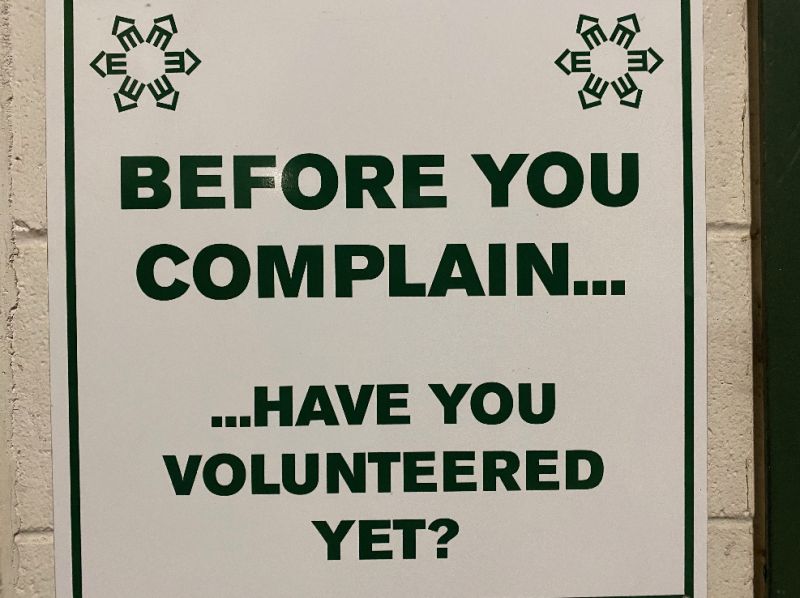Heroes, Hope, and The Human Experience
You’ll never see a designer label on a hospital gown: Heroes, Hope, and The Human Experience.
Hospitals are strange places. Most of us are born in one. Many of us die in one. And in between, we may go there to spend the worst days of our lives.
Hospitals are the great levelers. No one knows – or even cares – what type of vehicle brought you there. There’s no designer label on a hospital gown. We’re stripped of our masks and facades, with nothing to hide behind, and you come face-to-face with your essential humanity.
The workers are dedicated to their jobs, doing their part to make the big human factory function as best it can. Everyone wants you out of there as soon as possible so they can make room for the next patient.
Caring isn’t on anyone’s job description but no matter where you go in the massive system, you find the heroes that care.
You’ll find Mary on Unit 83 who held my hand during the bleakest night who gently reassured me, “The third day after surgery is always the worst. It’ll pass by the morning.”
Or Pam, in radiology, who took the time took the time to sit and listen to me for ¾ of an hour while we waited for the radiologist.
Then there was the night I inadvertently pulled out a drainage tube and the nurse on duty seemed annoyed and irritated. When I commented, “It sounds like you’ve had a long night,” she responded apologetically. “I’m at the end of a double shift. We are short staffed and I’ve been here for almost sixteen hours.”
It was at that moment that I realized that these professionals would never abandon a patient. They truly are dedicated and caring human beings that we need to appreciate and celebrate.





